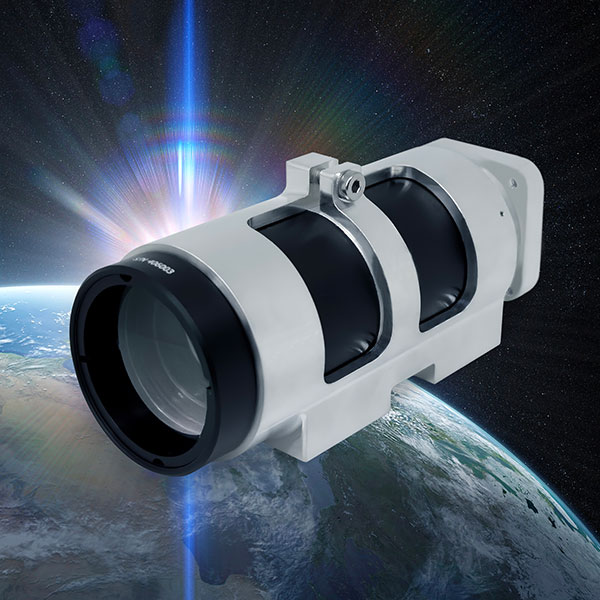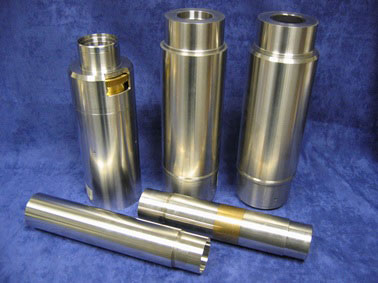
25, Jul 2024 | Social Media
At Resolve Optics we take a customer centric approach to custom optical design and manufacture. Customer feedback indicates that one thing they like about us is our fast response to new design enquiries. Our aim is in less than 1 week to provide you with a best fit...

18, Jul 2024 | Social Media
For more than 2 decades we have developed ruggedised lenses optimised for a range of different challenges. For industrial and outdoor measurements, we are well versed in designing custom lenses with ingress protection against spray, moisture and foreign debris. As a...

11, Jul 2024 | Social Media
To provide you with background to some of the optical design challenges we have undertaken on behalf of different camera, sensor and optical instrument manufacturers we regularly create case studies. With approaching 30 case studies for you to browse through –...

3, Jul 2024 | Social Media
The range of satellites and hosted cameras for remote sensing applications is large and expanding. To help camera designers standardise on a single optical system we have developed the new 406-000 f2 radiation resistant lens which is incorporated within a uniquely...






